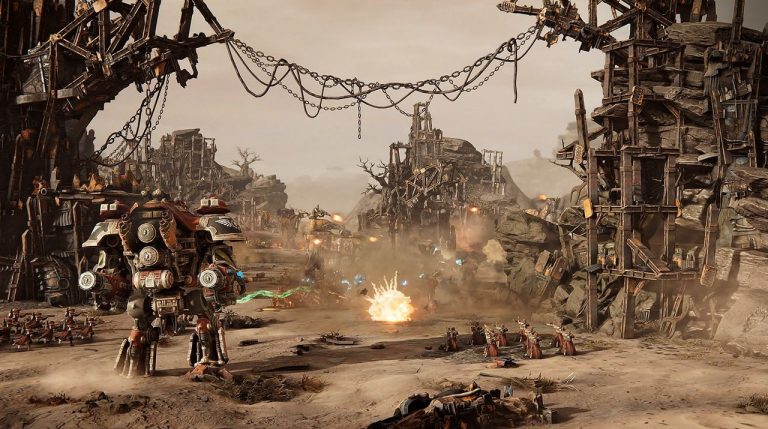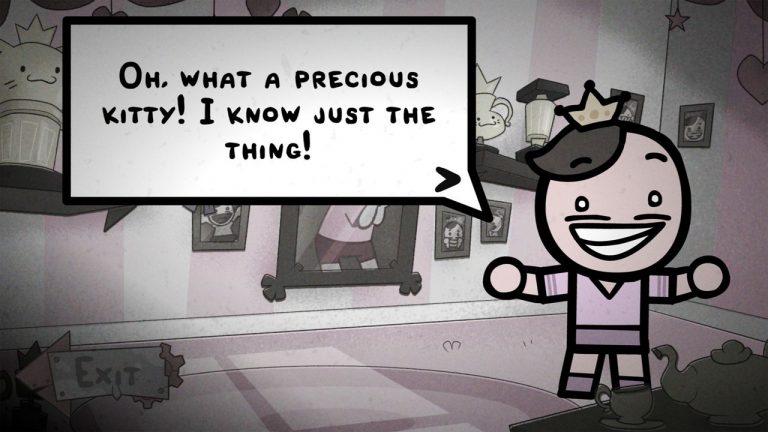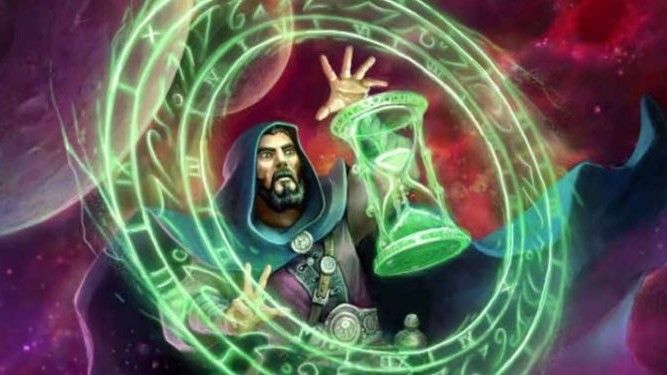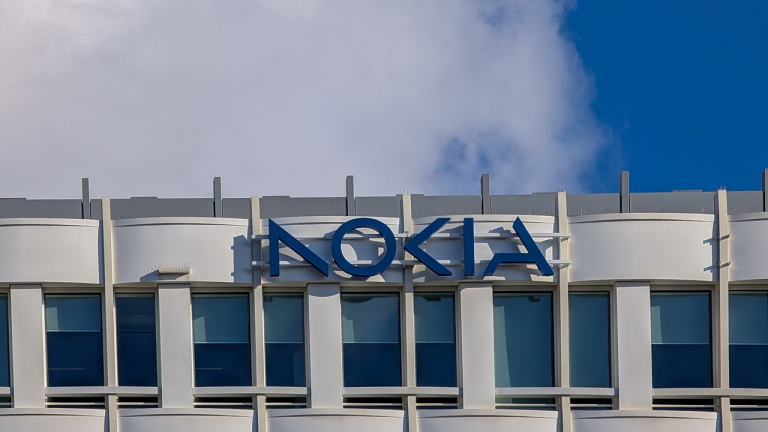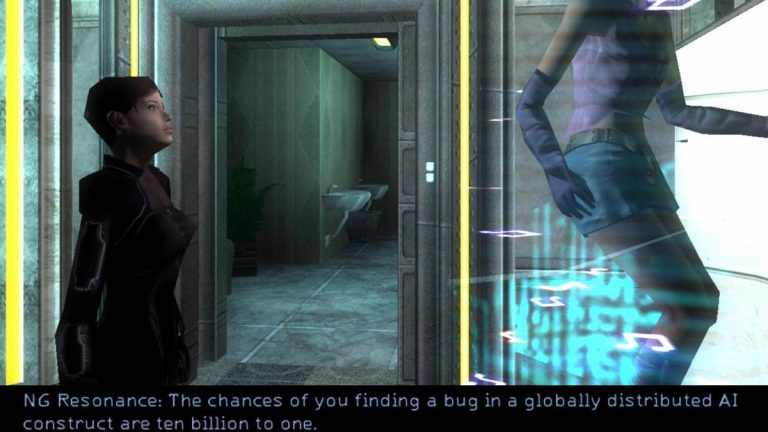Chalk this up as further evidence of the impending demise of civilisation, along with the climate, large language models and the increasingly ubiquitous implementation of the Oxford comma. Now it’s being reported that very nearly half of all internet traffic is accounted for by bots.
That’s according to the 2024 Bad Bot Report by cybersecurity specialist Imperva, via SecurityBrief. The headline figure has bots representing 49.6% of all internet traffic. Arguably even worse is the 32% of all traffic associated with so called “bad bots.”
“Bots are one of the most pervasive and growing threats facing every industry. From simple web scraping to malicious account takeover, spam, and denial of service, bots negatively impact an organisation’s bottom line,” Nanhi Singh, General Manager, Application Security at Imperva, said, presumably with an apathetic, defeated sigh.
Imperva found that bad bot traffic varied fairly dramatically by geography. For instance, Ireland topped the charts at 71%, with Germany at 67.5% and and Mexico notching up 42.8%. It’s not clear if that means 71% of all Irish internet traffic is bad bots or rather if 71% of Irish bot traffic is bad. To be sure (apologies), that’s a lot of bad bots.
What’s more, we gamers were not left out of the fun. In fact, according to Imperva the prevalence of bot traffic within gaming was deemed the greatest among all “sectors” at 57.2% of traffic. Go us! That said, Imperva didn’t break down the good-to-bad bot ratio for gaming.
Retail bots achieved a mere 24.4% of traffic, with travel bots representing 20.7% of that sector’s traffic and financial services relegated to the must-try-harder-to-assimilate-humans category at just 15.7% of traffic.
Imperva further reckons that “advanced” bad bots, that are said to be capable of mimicking human behaviour and evading defences, were most common on Law and Government, Entertainment, and Financial Services websites.
All of which means that the overarching narrative here is a plague of bots on all our houses. “As more AI-enabled tools are introduced, bots will become omnipresent. Organizations must invest in bot management and API security tools to manage the threat from malicious, automated traffic,” Imperva’s Nanhi Singh added.
(Image credit: Future)
Best gaming PC: The top pre-built machines.
Best gaming laptop: Great devices for mobile gaming.
It’s all pretty depressing when you consider the energy footprint of the internet as a whole and therefore all the megawatt hours guzzle up by bad bots chasing us and each other around the internet and training each other on terrible AI-generated content.
Exactly what can be done about any of this is an open question. It’s tempting, rather ironically, to appeal to AI as a potential solution to all the bad bots and nonsense content. But that does seem rather circular and zero sum, a battle of AI wits that feels like it can only end one way. Yup, that post-apocalyptic wasteland and a pile of skulls.
Or maybe that’s a little pessimistic and all we have to do is look after our passwords a little better, not click on dodgy links, and take it easy on the social. Fight it out about the dead internet theory in the comments below.



